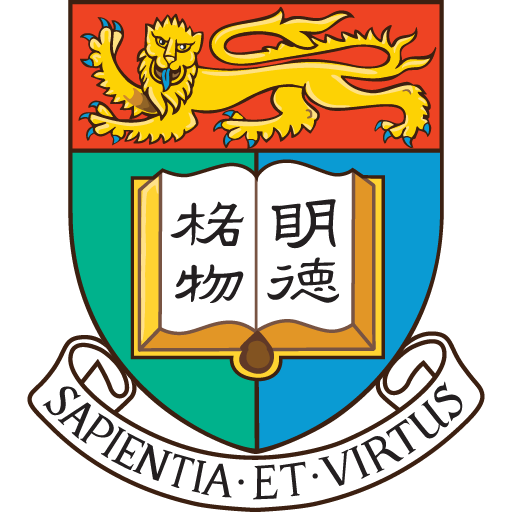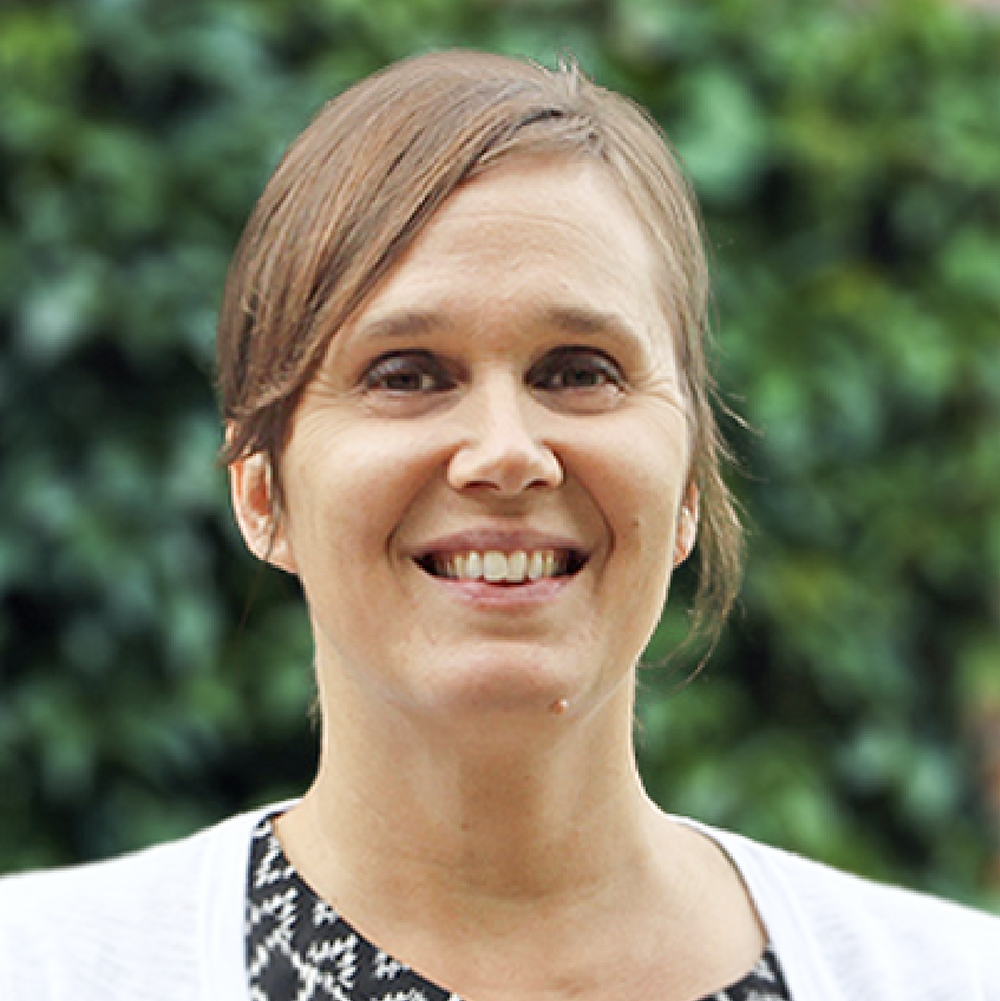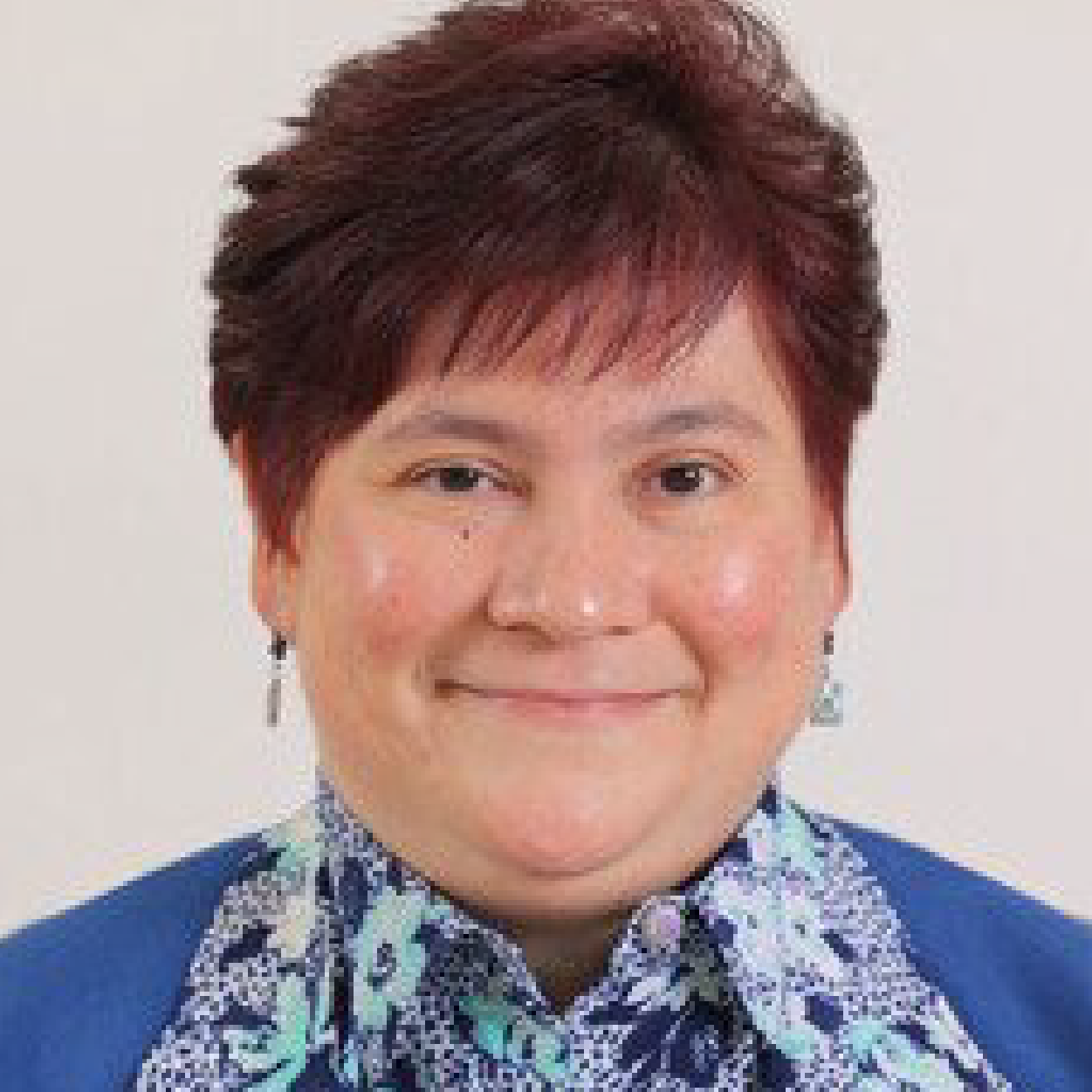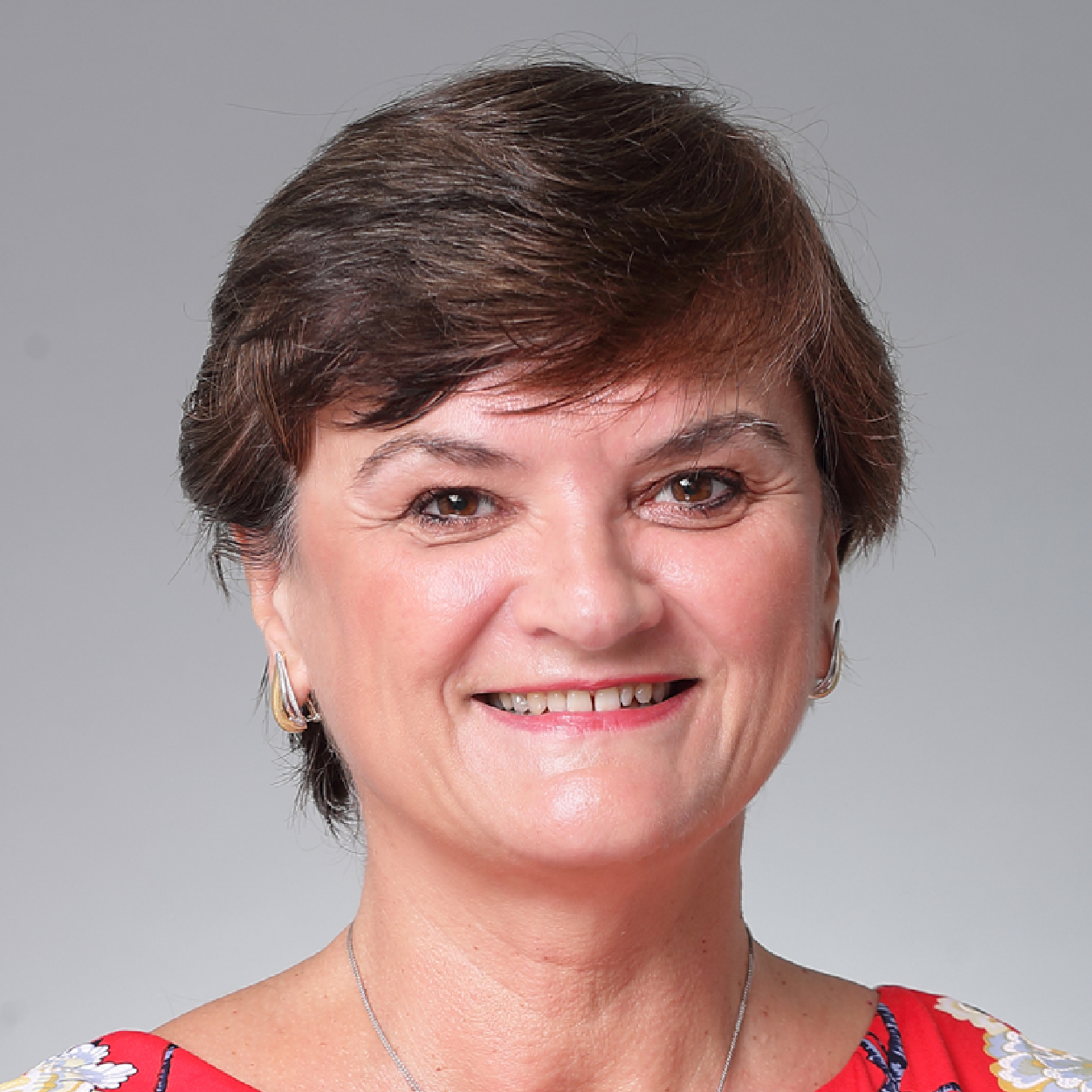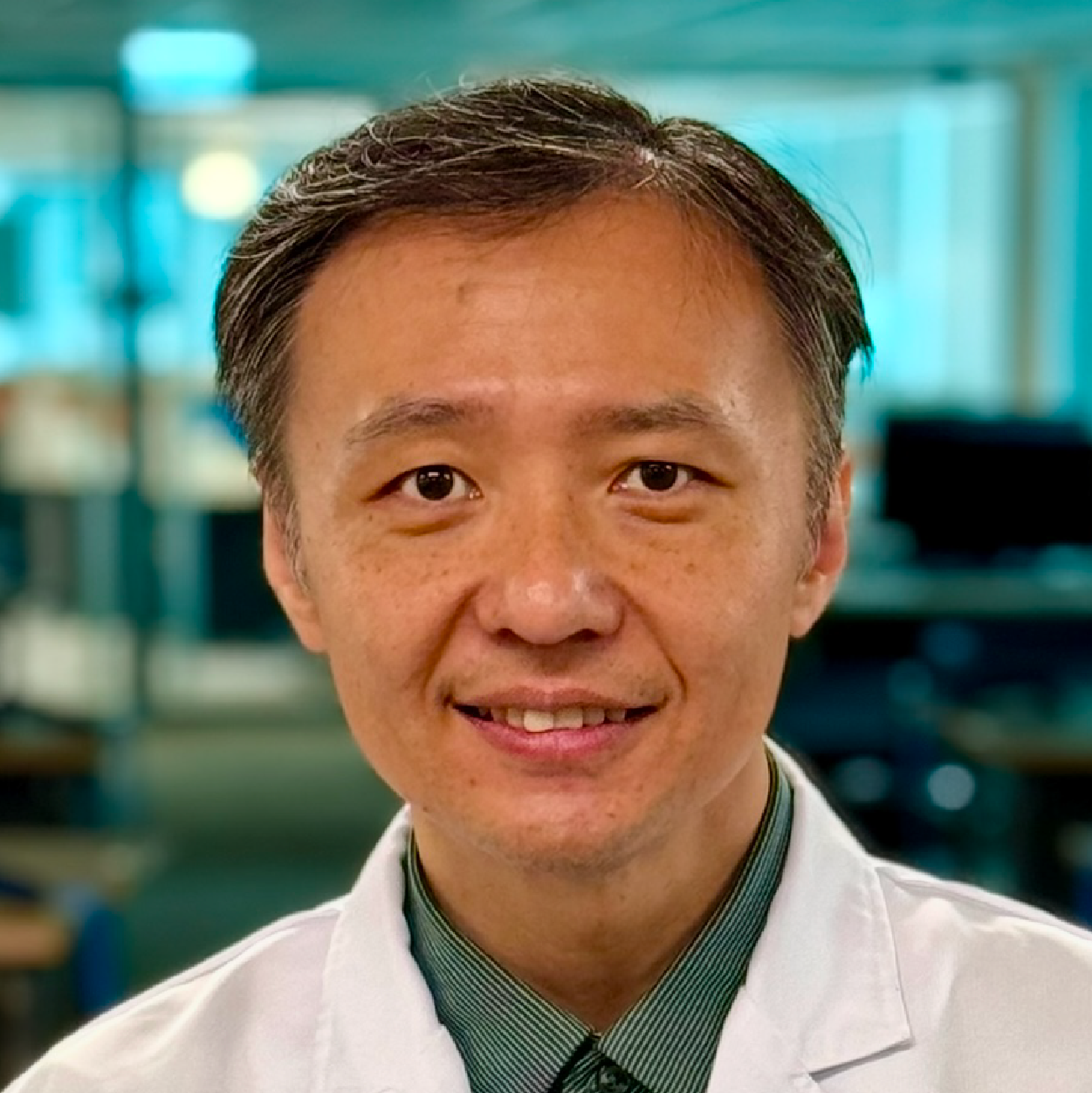Professor Fryer, a researcher and educator, has dedicated his career to exploring the realms of motivation to learn, learning strategies, and educational technology. With over 20 years of experience in education, Professor Fryer’s research projects aim to bridge these areas, uncovering meaningful synergies, exploring the role of artificial intelligence (AI) as a learning partner and investigating how students process and integrate new knowledge. His work has both theoretical and practical implications, shedding light on student persistence, deep versus surface processing, and the integration of technology in educational settings.
Exploring the Intersection
Throughout his academic journey, Professor Fryer has delved into various themes that have shaped his research trajectory. Two enduring themes that have captivated his interest are the potential of AI as a learning partner and the limited understanding of how students process and integrate new knowledge. His early exploration in 2006, investigating students’ engagement and benefits in AI learning partners, laid the foundation for subsequent studies that examined the value of chatbots in education. With the rise of GenAI, Professor Fryer’s recent work has focused on reviews and theoretical contributions, while also spearheading large-scale research projects centered on GenAI tutors.
Probing Learning Strategies
Professor Fryer’s fascination with learning strategies emerged from his keen interest in deep versus surface processing, inspired by the Student Approaches to Learning literature. Dissatisfied with the field’s poor conceptualisation and measurement, he sought better approaches, drawing upon Patricia Alexander’s Models of Domain Learning. Collaborating with distinguished researchers such as Professor Jan Vermunt and Professor Daniel Dinsmore, Professor Fryer has published theoretical papers that harmonise these models, aiming to extract the best from both. By bridging these theoretical frameworks, his work contributes to a deeper understanding of effective learning strategies.
Unravelling Student Persistence
At the heart of Professor Fryer’s current research lies a focus on student persistence. Recognising the multitude of factors that influence this crucial aspect of education, he strives to identify those that explain the majority of variance in student persistence while being grounded in robust learning theories. Drawing upon the Four Phase Model of Interest, Social Cognitive Theory, the Model of Domain Learning, and the role of prior knowledge, Professor Fryer has undertaken empirical, large-scale studies exploring middle school students’ motivations to learn math native and foreign language. His research sheds light on the reciprocal relationship between interest, self-efficacy, self-concept, utility value, and knowledge. His work has emphasised the essential connection between student interest and self-efficacy, and how specific, often social, tasks drive interest in learning.
Leadership and International Collaboration
Collaborating with colleagues at HKU and in Japan, he has been involved in the development of software for formative testing, classroom feedback, and reading skills development. Under his supervision, Dr Alex Shum’s PhD research has explored how students can be supported in establishing and maintaining learning goals using the GEAR platform. Professor Fryer’s work in this area also includes knowledge exchange efforts, collaborating with primary schools in Japan to integrate the software into their classrooms.
In addition to leading research projects and initiatives within his field, Professor Fryer actively supports research postgraduate students in the Faculty of Education, HKU through the development of the “Starter Research Seminar Series.” This series equips research postgraduate students with essential research skills, setting them on the path to independent mastery. Professor Fryer’s leadership extends to regional and international projects. He is seeking to enhance quality assurance in Asia Pacific universities and address camp-ism in educational research. He fosters collaboration and integration among scholars from various backgrounds and recently edited a special issue in Educational Psychology Review on the topic “Hybridising our Educational Psychology Theories”, to be published in Spring 2024.
Recognised as a Top Producing Early Career Scholar
Professor Fryer’s contributions to the field have garnered recognition. He has been cited as a top producing early career scholar in educational psychology journals from 2015 to 2021 (Rank #19) and was included in the top 2% of cited researchers across all fields of study in the World’s Top 2% Scientists published by Stanford University. His research journey has positioned him as a pioneering figure in the domains of motivation to learn, learning strategies, and educational technology. His commitment to uncovering meaningful synergies, harnessing the potential of AI, and understanding student persistence has led to significant contributions to the field.
Prof. Luke Kutszik FRYER
Assistant Director / Associate Professor
Teaching and Learning Innovation Centre


